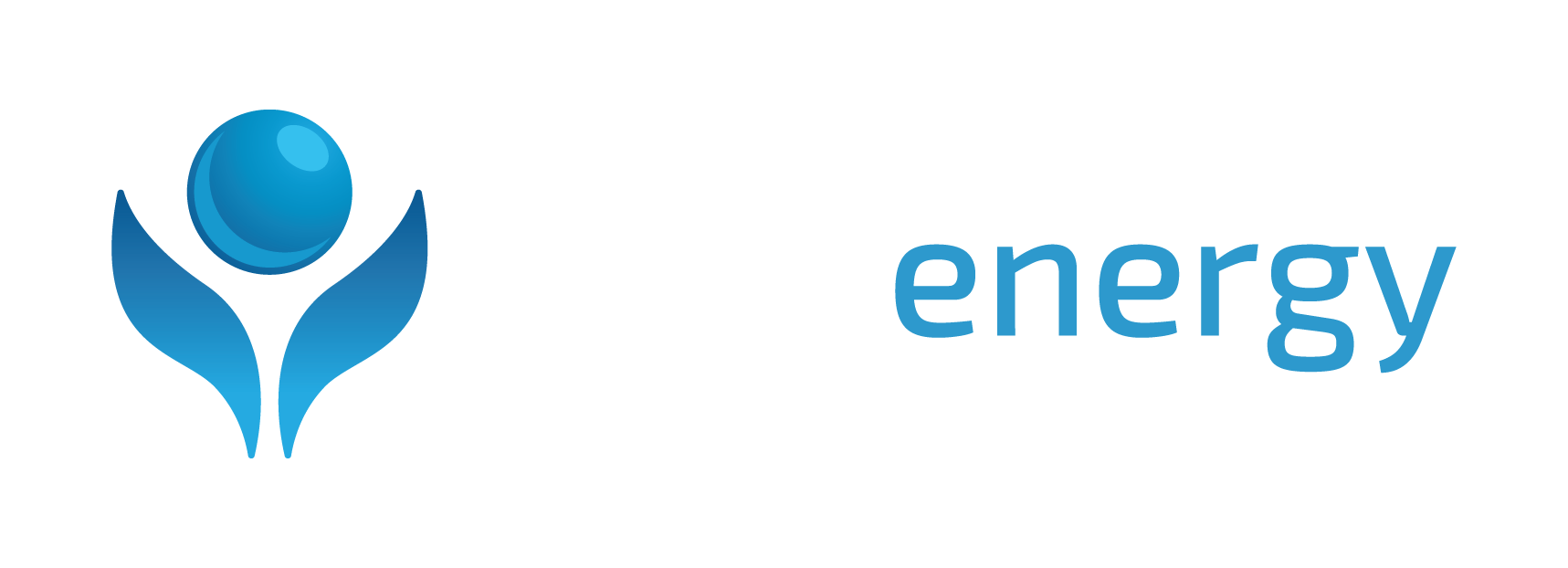EDEA Energy has significantly boosted Australia’s sovereign capability in advanced battery manufacturing through a new Memorandum of Understanding (MoU) with Toshiba International Corporation Pty. Ltd. (Australia). The agreement centres on development of advanced battery systems using Toshiba’s SCiB™ LTO cell technology—designed to exceed the industry’s most demanding performance, safety, and durability benchmarks.
What Makes SCiB™ / LTO Cells Special
The SCiB™ cells from Toshiba are based on lithium titanium oxide (LTO) anodes, a chemistry that delivers several major performance advantages:
-
Long cycle life: More than 20,000 full charge/discharge cycles with only small capacity loss. This means fewer replacements and lower lifecycle costs.
-
Fast charging: The ability to reach over 80% of capacity in about 6 minutes. This rapid recharge capability is critical for the applications where downtime must be minimised.
-
High power density / high input/output: Strong performance under both charging and discharging demands, suitable for regenerative braking and high current motor starts.
-
Cold-weather resilience: SCiB™ retains reliable operation down to approximately -30°C, with reduced risk of safety issues such as lithium plating, which can plague many lithium battery types under cold conditions.
-
Wide usable state of charge (SOC) range: Maintains excellent performance across a full range from 0% to 100% SOC. That flexibility helps reduce overall battery size or weight, and simplifies system configurations.
-
High safety and reliability standards: The LTO chemistry exhibits extremely low fire hazard even under external pressure or damage, and SCiB™’s construction supports dependable performance in harsh environments.
These characteristics make SCiB™ especially well-suited for advanced applications: fast response, minimal risk in adverse conditions, long service life, and robust safety.

What This Partnership Means
Under the MoU, Toshiba will supply SCiB™ LTO cells to EDEA, which will integrate them into the manufacture of advanced battery prototypes and humanitarian energy solutions. EDEA will handle design, assembly, and sales of battery system, benefitting from Toshiba's technical support. Together, the goal is to deliver battery solutions that are:
-
Safer and more resilient
-
More cost-effective over the long term due to reduced maintenance and replacement cycles
-
Faster to deploy and recharge in operational settings
-
Capable of maintaining performance even under extreme temperature, abuse, or varied state of charge
Strategic Implications
By harnessing these LTO / SCiB™ advantages, EDEA positions itself as a leader in battery solutions in Australia. The capability to meet critical standards with cutting-edge cell technology opens opportunities and reinforces EDEA’s plan of strategic alliances, capacity building and supply chain security.

